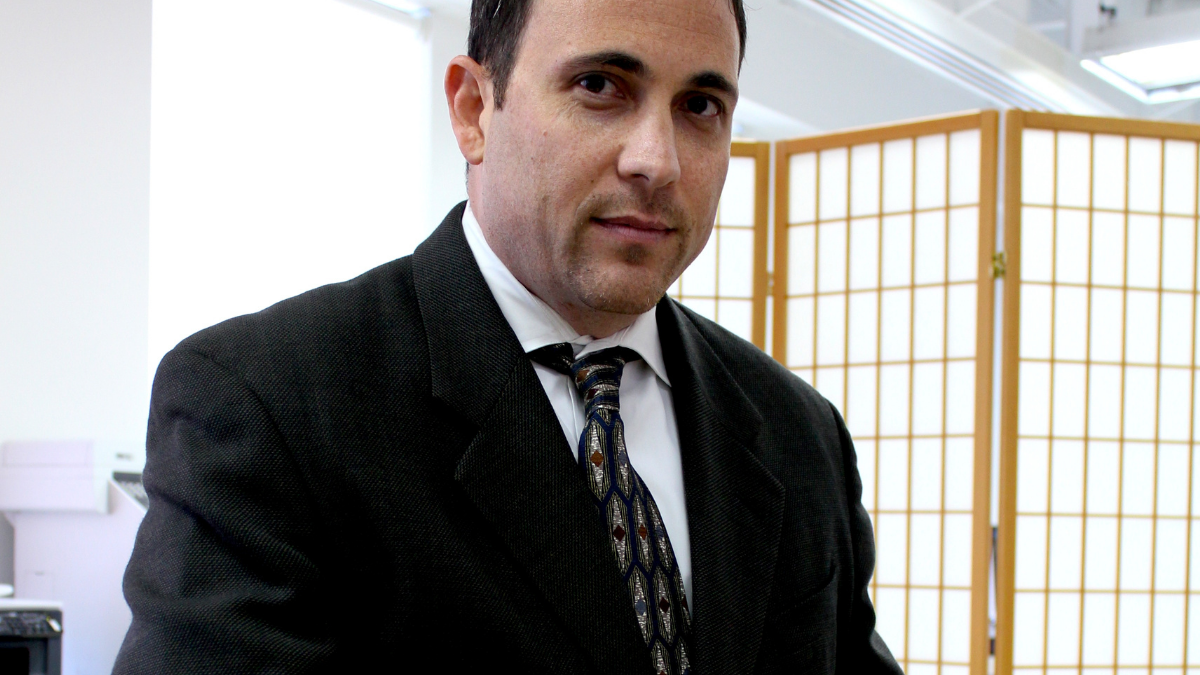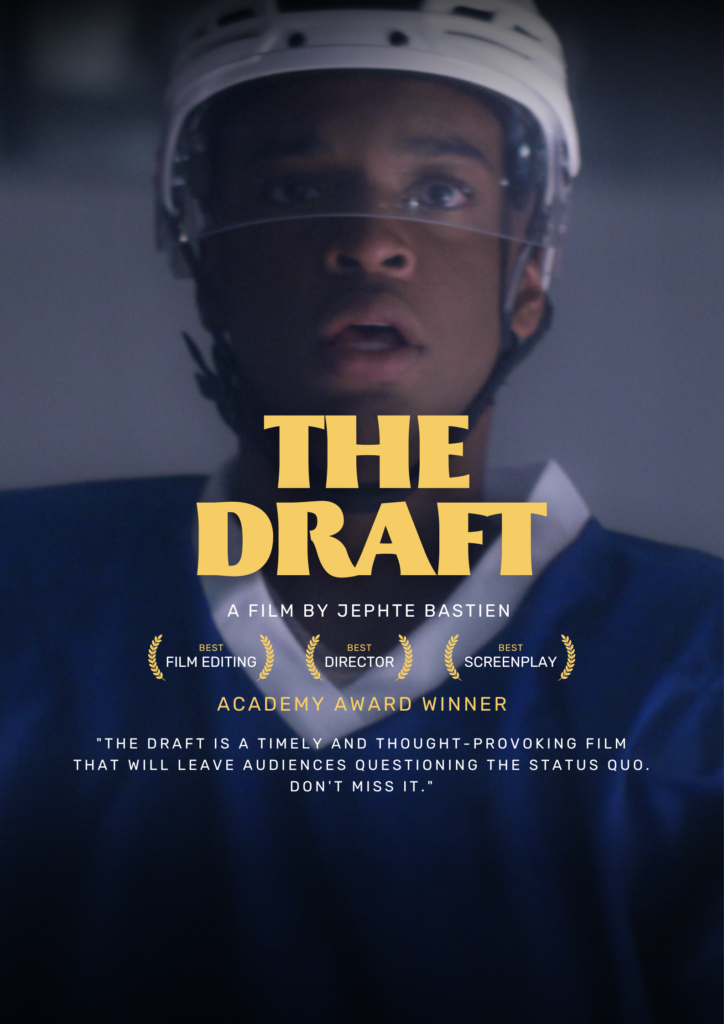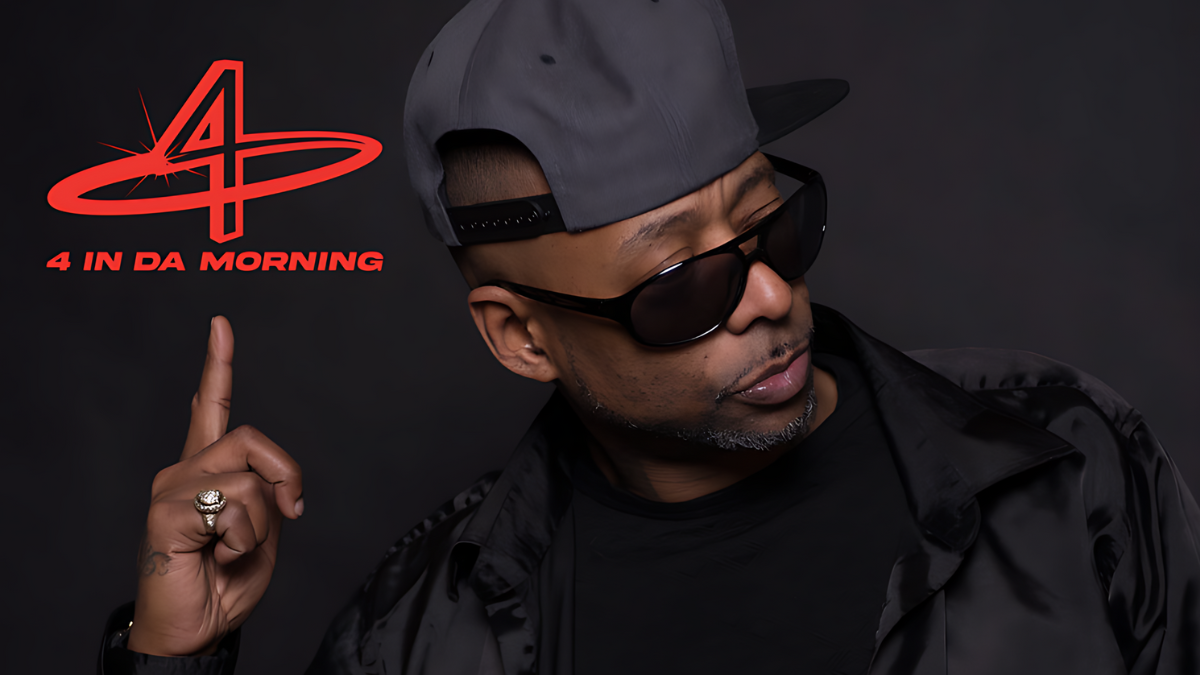TVM I’m speaking with entertainment attorney, Greg Bloom. Greg, can you please tell our readers a little bit about yourself and how long you have been practicing?
Greg: Sure. My name is Gregory Bloom I am an attorney in Miami with offices in New York and Washington. I graduated law school in 2006.
TVM: Okay…did you begin practicing right away or did you have some down time?
Greg: I had a little down time, about a year and a half. Whilst in law school I began an athlete representation company where I represented mixed martial arts fighters and boxers. It took off while I was in law school and it continued through graduation so it took me off the path for a few years until I came back to practice sports and entertainment.
TVM: I see. What are some of the key elements of being an entertainment lawyer?
Greg: First and foremost, we want to ensure that our clients are legally protected through any business ventures and their intellectual property; especially in the music business.
TVM: Makes perfect sense; what areas of entertainment do you specialize in?
Greg: The firm covers everything from music, film, television, literary work, and sports; we really are a full fledged entertainment firm. . Also Get somebody who knows entertainment law, because you can’t just have your family real estate lawyer look at a movie contract. Have a trained entertainment or music attorney who understands the industry because they will know what is standard and what is odd in the contract rather than not. I’m not really sure how it works in Canada, but that’s how it is here in the United States.
TVM: In terms of music, do you review record label contracts?
Greg: We review record label contracts, we assist clients creating independent record labels, negotiating deals with publishing companies and record companies.
TVM: Oh wow, that’s quite a full plate. To potentially become a client of your firm, what exactly do you look for in an artist?
Greg: Well, we’ll represent anyone who has an issue but it really depends. We work with established and new artists; it just depends on what they need and whether or not we can assist them. A lot of the guidance we give to newer artists is to educate them in order to be able to navigate the new landscape of the music industry because of the shift within the industry from being based more on hard copy sales to digital downloads.
TVM: Right. What is the most challenging part of your job?
Greg: Being in the entertainment industry, you come across a lot of strong personalities who think that they know the industry from a legal capacity even if they are not attorneys. You have to show them what is correct but do it in a way that you don’t insult them
TVM: Ohh, okay. What are some things an artist should consider when deciding whether to work with a lawyer or not?
Greg: Number 1, they have to make sure that they are qualified. There are a lot of attorneys who will list entertainment law as something they practice but it may be only 10% of what they do and their main specialization is real estate or family law, etc. Not to insult anyone who does that but it’s as if you’re saying that you have extensive knowledge on something when it accounts for less of what you do on a regular basis. So I would make sure the lawyer really specializes in entertainment.
TVM: May I ask how many music artists do you currently represent?
Greg: It’s the biggest percentage of our business actually. I would say probably between 40 and 70, somewhere in that range.
TVM: Wow, your specialization is pretty clear. Is there something that drew you towards entertainment law?
Greg: I sort of fell into it. I actually worked on Wall Street before going back to law school and while I was there I started focusing on the sport aspect. It was very upsetting to me to see how a lot of people in these industries get taken advantage of so that was one of the main reasons I went into the entertainment industry. It’s really a good feeling when you are assisting people from avoiding bad deals or turning bad deals into good ones.
TVM Are there any other legal guidelines that you would recommend to an artist?
Greg: Definitely. I would say to always treat your career like a business because you never know how long it’s going to be and you want to capitalize on your time in the spotlight. “Getting signed to a record deal” isn’t always the best thing for your career. If you’re an artist just starting out and you have talent, you may get signed they may keep you in a deal that is not as favourable as it could be two or three years down the line. If you are to treat your career like a business, you need to build your strength independently before you enter any kind of agreement with anyone, from a negotiation standpoint. The harder you work on your own, the better deal you can come to the table with.
TVM: That’s really interesting; so it’s important to build your career on your own first and be more hands on with your artistry.
“Getting signed to a record deal isn’t always the best thing for your career.”
Greg: Yes, especially with everything that an artist can do for themselves in this digital age. It used to be that the only way to get signed was to put together a demo tape and send it to an A&R in a major metropolitan city like, LA, New York, or Nashville and hope to get signed. Now you can sit in front of a computer record and upload music and a video from the comfort of your own home and garner worldwide interest. It’s a lot easier for an independent artist to thrive now, than it used to be.
TVM: I see…for individuals who are signed to record label who owns the copyrights to music?
Greg: There’s actually two separate copyrights; a sound recording copyright and a composers copyright. The record company owns sound recording copyrights and a publishing company owns composers copyrights. They’re two separate things that have two separate revenue streams. The rule of copyright is that you own what you create the minute it is put into a tangible medium of expression. So if you sing in the shower a song you have created you do not own it but the second you record it; you own the copyright in that song. You also must file your product because it puts the world on notice of your ownership and also in case anyone ever challenges your ownership. From the moment of creation you own that song and as an artist, you own it for your lifetime plus 70 years. So you can make money all the way down to your great, great grandchildren from something you create today.
TVM: Really? Wow. Does that apply only to singer-songwriters, or does that go for singers who don’t write their own music as well?
Greg: Everyone, from producers, songwriters, singers…it depends what your contribution is to the music. On the sound recording side, whoever has put music or lyrics onto that particular recording, traditionally, will own some of that copyright. On the publishing or composer side, the person singing may not have any ownership because they did not write the lyrics and they didn’t compose the music. Unless you are a new artist or producer and you’re bringing your song to a Beyoncé or a Céline Dion they’re going to say, ‘well, I want to attach my name to this so I want 20% of the publishing’.
TVM: Who is responsible for ensuring that artists receive the royalties for the work they’ve created?
Greg: There’s a few different people and or organizations that would be responsible for that. Remember I said there are two copyrights, so for the sound recording copyright the record company, a Sony or any independent record label are responsible for getting your sound recording royalties. But when it comes to publishing, it breaks down into 2 areas; you have what they call a performing right organization in which you have ASCAP, BMI, SESAC which are the ones we use in North America. They are responsible for the writers share of the publishing/composer copyright and then there’s the publishers share which, depending on whether or not you have a publishing deal with say, a Warner, or a Sony, or a EMI, it would be responsible for certain royalties such as, sync licensing (when you put your music on a television show or in a movie), public performances, etc.
TVM: But in today’s society of do it yourself, knowledge is at our fingertips. Why do you think it’s important for artists to get themselves an attorney?
Greg: I always tell clients that it’s not like buying a pair of shoes, in that you don’t get an automatic response. You don’t see the immediate value of retaining an attorney that costs thousands of dollars but we’re like car insurance; you see the value of having it the day you get into an accident. You’ll come to retain an entertainment attorney, I’ll write pages and pages of contracts that are meaningless to you but if someone tries to steal your intellectual property or if you have any problems; you’re thankful that you have the proper documents in place. We always suggest doing this up front, I realize that it’s not always in your budget but it’s important because we make sure that you’re protected from day 1. Once you get further into your career and your music is generating serious revenue, it’s going to be a lot more expensive to fight for that music if you don’t have everything properly documented from the beginning. It’s very important to obtain professional advice when it comes to your career.
TVM: Well, what are some common mistakes that artist’s make with music contracts?
Greg: The most common mistake we see is people just pulling stuff from the internet. People will just search for contracts on the web and they are actually just templates. There is an assumption that these contracts have everything that an artist needs but in reality they only have about 30% of what should be in there and some of the stuff may not even pertain to your particular situation. Each document that we draft is specific to each artist’s situation and we make sure to be current on trademark, copyright, and all laws that deal with music in general. In addition to proper contract clauses, keeping with current industry standards, and pretty much ensuring that you receive anything that is in your best interest as an artist.
TVM: What are your thoughts on the whole mailing yourself a copy of your original work in a sealed envelope?
Greg: Right, they call it the poor man’s copyright.


 Business3 years ago
Business3 years ago
 Business2 years ago
Business2 years ago
 Business2 years ago
Business2 years ago
 Business3 years ago
Business3 years ago
 Business3 years ago
Business3 years ago
 Business3 years ago
Business3 years ago
 Business3 years ago
Business3 years ago
 Business3 years ago
Business3 years ago






































